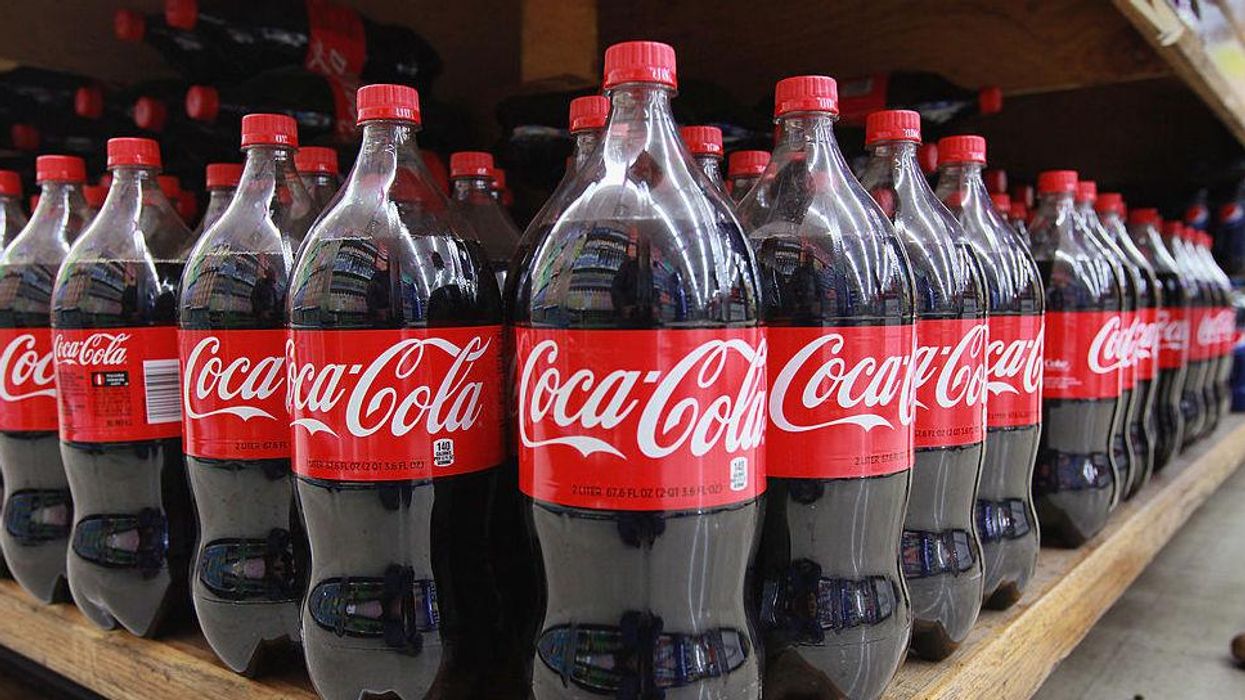
Scott Olson/Getty Images

It turns out that "soda taxes" — municipal regulations that jack up the prices of sugary drinks — do not deter consumers from gobbling up unhealthy levels of refined sugars.
A new study, in fact, shows the tax failed to reduce sugar consumption at all.
Five years ago, Philadelphia enacted a new tax — 1.5 cents per ounce — on sugary drinks. City lawmakers hoped levying the tax would deter consumers from choosing unhealthy drinks that contain loads of sugar.
Anecdotal evidence, however, quickly showed the tax failed to accomplish its goals. The tax did not stop Philadelphians from consuming sugary beverages, and avoiding the tax became as easy as leaving the city limits.
A study conducted by the University of Georgia shows the tax drove down purchases of sugary beverages by 31%. But does that mean consumers reduced their sugar intake?
The answer, according to the study, is a resounding no.
Not only did the tax fail to reduce consumption of sugary drinks, but the study even found that the tax backfired in the sense that it drove an increase in purchases of unhealthy sugar-loaded snacks.
From UGA Today, which reported the results of the study:
Consumers simply turned to other sweetened foods to fill their sugar gap or traveled to surrounding towns without the tax to get their sugar fix, from both sodas and additional sweets like candy and cookies. These actions almost entirely offset the decrease in sugar intake from colas and other sweet drinks.
People shopping for sodas outside city limits canceled out almost 40% of the decrease in sugar-sweetened beverage purchases. Additionally, the soda pop tax actually led to about a 4% increase in purchases of other high-sugar goods in Philadelphia and in neighboring towns. But compared to the sugar decrease from sodas in Philadelphia, additional sweetened food purchases offset an additional 40%.
UGA assistant professor Felipe Lozano-Rojas, who led the study, explained the results prove that attempts by local governments to influence behavior through taxation does not work.
"Can we influence behavior through taxation? Yes, but only if you enact a policy at broader levels of government, such as at the state or national level that prevents people from cross-border shopping," Lozano-Rojas said.
"The answer is no if you’re enacting these policies at a local level," he explained.
Even worse, the study also concluded that sugary drink taxes disproportionately impact Americans in lower socio-economic situations, both because they have less income and because they may be more likely to buy soda and other sugar-loaded beverages.